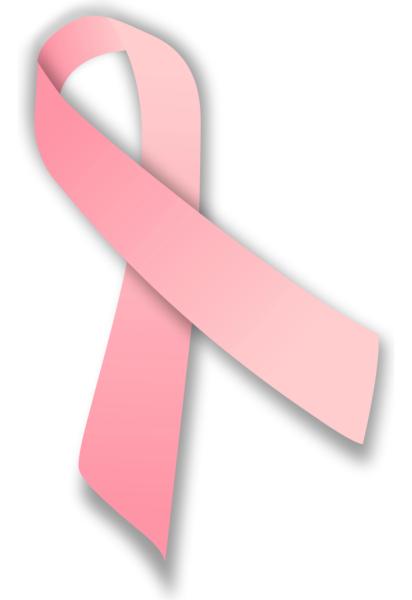Given the preponderance of pink bows and media or community saturation of the subject of breast cancer in the month of October, especially, it is not unusual for us to get awareness fatigue. With designated health promotion days and months for all sorts of causes and occupations currently abounding, the message of continued support to advance research toward breast cancer cure can get dulled and the perception of need diluted.
It is important to remember that the progress already made in the field is due to long-term support. But, the job is not finished until people no longer endure this diagnosis and its compounded suffering. Getting complacent is a mistake.
According to the Centers for Disease Control and Prevention (CDC), excluding some skin cancers, “breast cancer in the United States is—
The most common cancer in women, no matter your race or ethnicity.
The most common cause of death from cancer among Hispanic women.
The second most common cause of death from cancer among white, black, Asian/Pacific Islander, and American Indian/Alaska Native women.”
“While rates of cancer diagnoses and cancer deaths continue to decline each year, the number of new cases and deaths is going up. This happens because the size of our population is growing and aging each year.”
The American Cancer Society's 2018 estimates for breast cancer (paraphrased here) --
About 40,920 women and 480 men will die.
About 266,120 new cases of invasive breast cancer will be diagnosed in women, with more than 2,500 cases in men. About 63,960 new cases of non-invasive type, which is the earliest form of breast cancer.
Death rates from female breast cancer dropped 39% from 1989 to 2015. Since 2007, breast cancer death rates have been steady in women younger than 50, but have continued to decrease in older women. This is attributed to earlier detection through increased awareness, screening and improved therapies.
As indicated by Susan G. Komen Breast Cancer Foundation, in the U.S. (summarized here) --
Roughly more than 154,000 women are living with metastatic breast cancer.
More than 3.5 million women have a history of breast cancer.
“White and black women have the highest breast cancer incidence overall. American Indian/Alaska Native women have the lowest. Black women have the highest breast cancer mortality overall.
Breast cancer mortality is nearly 41 percent higher in black women than in white women. Although breast cancer survival in black women has increased over time, survival rates remain lower than among white women.”
This is simply a cursory summary of some basic statistics surrounding the disease. It is clear that the many dedicated efforts of those advocating for the cause have made a dent in the burden. But, much more work needs to be done to eradicate it, prevent it, advance treatments and reduce barriers and disparities. And, though it is rarer in men, it cannot be understated how dramatic a toll the diagnosis and treatment for breast cancer can be for whomever the patient and his/her loved ones.
Note(s): A sampling of events to enhance community outreach and raise awareness on this issue.
On November 17, 2018, I will be speaking on "The PTSD of Diagnosis: You and Your Family" panel about the trauma of diagnosis and moving forward at the Pink, Purple Strength and Unity Conference. The event is designed for education, sharing and support-building for breast cancer survivors and individuals living with metastatic breast cancer. This is a FREE EVENT for breast cancer survivors, individuals living with metastatic breast cancer and close loved ones who walk the journey with you. Reserve your place now, click here for the link. To learn more about why strategies for emboldening resilience are worth your time, review here.
I was honored to speak on women's health at the Paula Hian Fall Fashion Fundraiser to support Susan G. Komen - Philadelphia. CBS Philly's Natasha Brown was on hand as a special guest for the day championing the efforts of survivors in Philadelphia, PA. Breast surgical oncologist Dr. Monique Gary shared invaluable insights on the importance of knowing family history and reducing stress. Thanks so much to CEO Elaine Grobman for her continued tenacity and designer Paula Hian for her incredible fashion and gracious hosting of such an important event.




It was a humbling experience and honor to be included in the inaugural "Powerful Women Empowering Women" breakfast to put our minds together to bring the final, fatal blow to breast cancer. This special gathering of "women who get things done in our community" was dedicated to making a dent in the >41,000 U.S. deaths per year from this disease. Continued funding of research is crucial to eradicating this disease and achieving Komen's goal of reducing mortality by 50% by 2026. Here, I am first pictured with CEO of Komen Philadelphia Elaine Grobman and Lynne Abraham, Philadelphia's 1st female and longest serving district attorney. The second photo contains the illustrious group.






